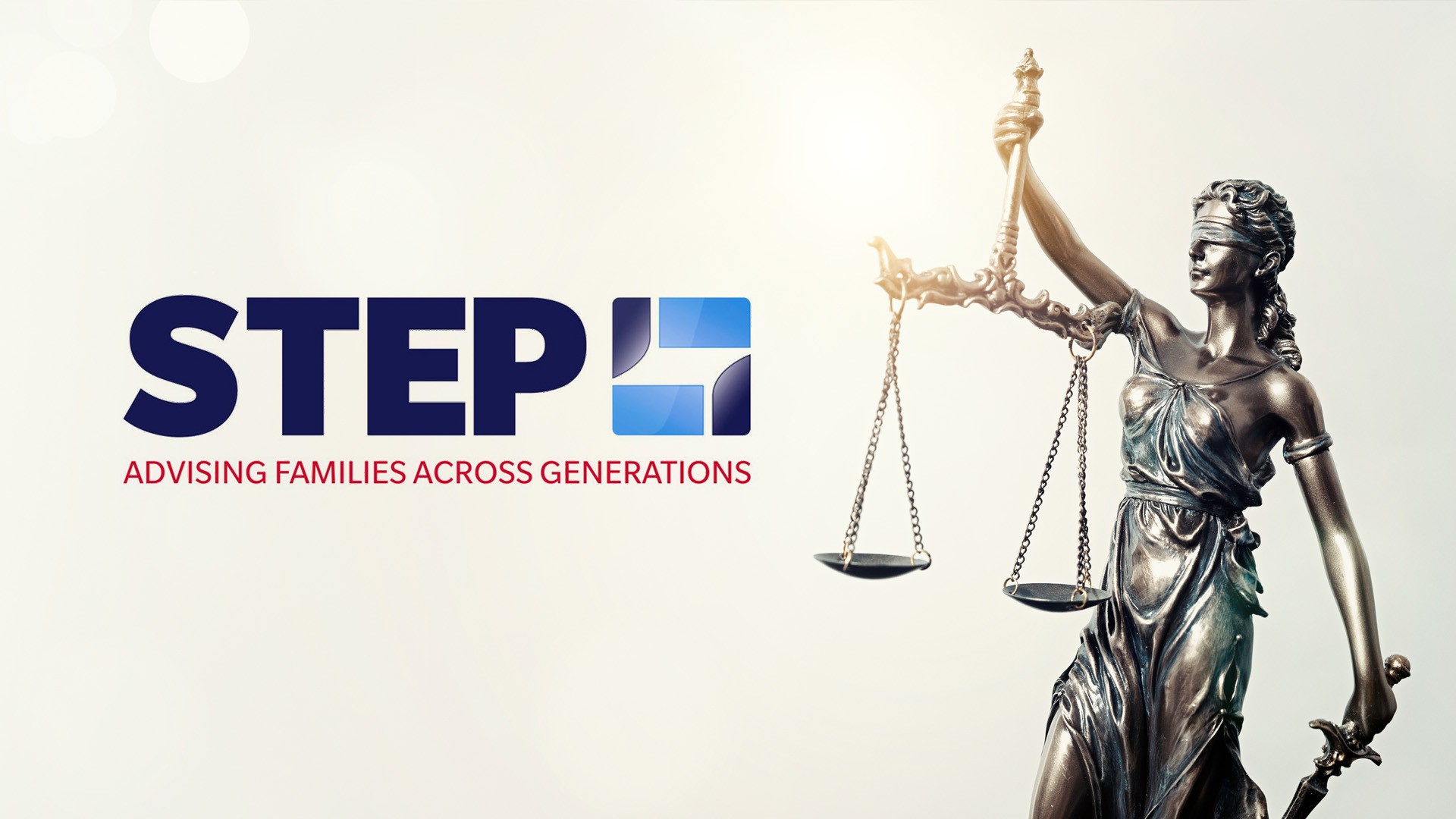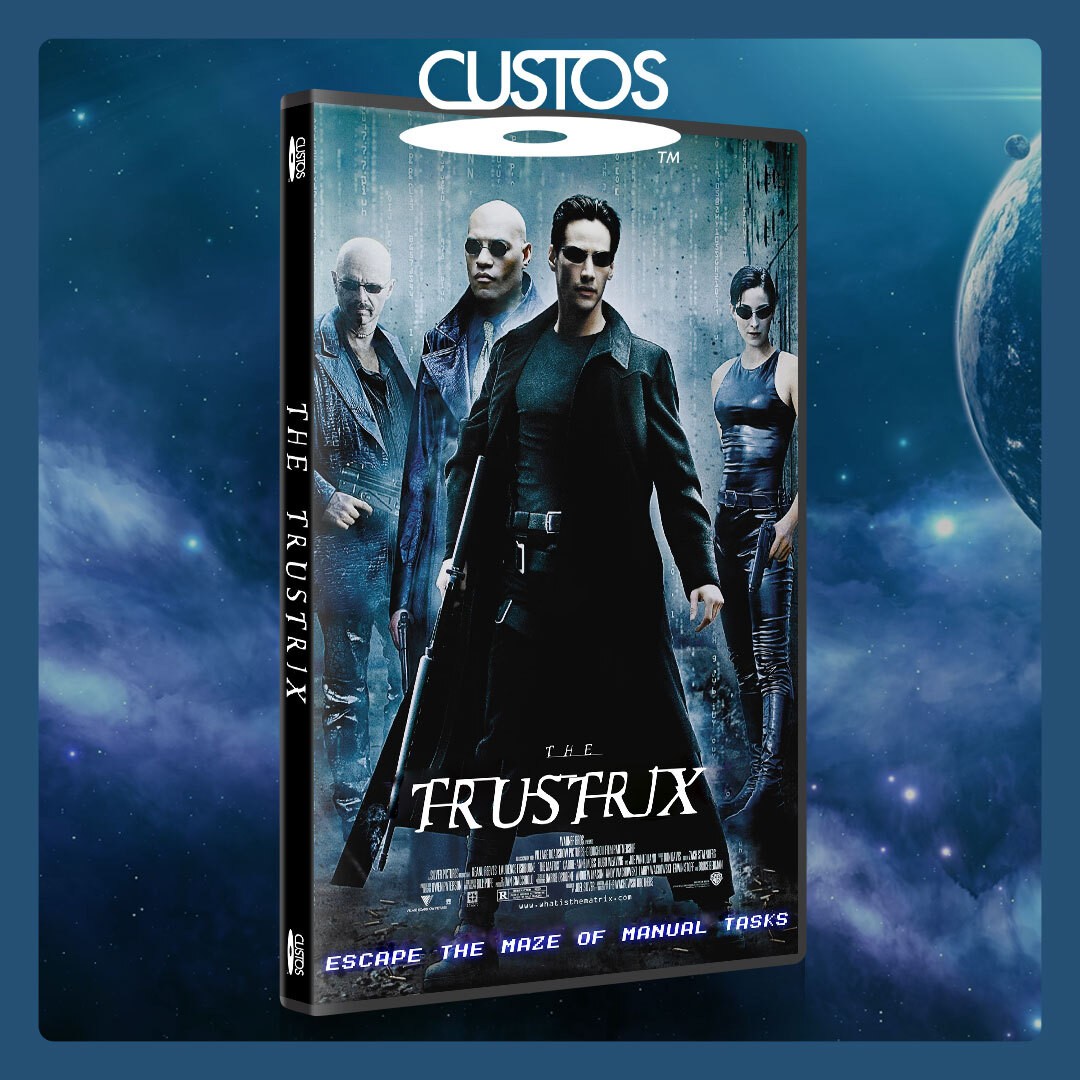Nov 17, 2024
Nov 17, 2024
Nov 17, 2024
Industry
Industry
Industry
Learnings from STEP Arabia: UAE is a rising star, handling complexity requires better tech and the industry is consolidating


Joaquin Coitino


This week I had the pleasure to attend STEP Arabia and a few other events related to the wealth planning industry. I was delighted to catch up with old (and new) friends and to dive into updates on the topics relevant to our industry (tax, AML compliance, trust law, etc.).
UAE is becoming a top jurisdiction for HNWI
I have lived in the UAE for the last 3 years so it is hard for me to truly get a sense of how people perceive the country and how much things have changed. I therefore appreciated that the STEP event was attended by people from all over the world which gave me a much needed perspective on the UAE, from outside the UAE.
One thing became clear after the first few conversations I had: the UAE is a very attractive option for HNWI to move to or center more of their lives around. There seem to be two primary reasons that are driving more people to the country.
The first and obvious one is the favorable tax regime. In the UAE, there is, for the most part, no income or capital gains tax on individuals and corporate tax is 9%, which is relatively low by international standards. However, this is not enough to convince people to move en masse to the country as there are many other jurisdictions with as low or even lower taxes.
The second reason is the lifestyle that UAE offers. Both Dubai and Abu Dhabi are filled with exceptional restaurants, hotels, beaches and properties. There are events and activities for all tastes and these cities are some of the safest places in the world.
Given those two reasons, it is not surprising that a lot of people want to move here.
Growing complexity means technology is becoming critical
Providing trust, wealth planning and corporate services has become more complex over the years. From my conversations, there was general agreement that this can be mostly attributed to two things: increased regulation and new customer needs.
A few decades ago, maintaining compliance used to require minimal effort. However, over the years, a large number of new requirements have emerged. Examples of this are FATCA, CRS, Economic Substance and additional Know Your Customer regulations. A trust and corporate service provider nowadays needs to collect a significant amount of data, maintain it up to date and report part of it to regulatory bodies. Ensuring that all this is done correctly and in a timely manner can hardly be achieved without software that is able to host the data, validate its correctness and create alerts or reminders whenever human input is required.
The lives and wealth of customers are also becoming increasingly complex. People’s families and activities are more cross jurisdictional now and newer types of assets, such as virtual ones and alternative investments, are getting a larger allocation in portfolios. This means that trust and corporate service providers need to track more data and understand more topics than they used to. Great technology can help aggregate and summarize this information effortlessly, reducing operational costs.
The market will have less and larger players
There has been a wave of acquisitions in the last few years in the trust and corporate services industry. Larger players are buying smaller ones to gain their expertise and tap into a new set of customers that they can then cross-sell other products to.
With all these acquisitions comes the challenge of merging and integrating processes and systems. There is already a significant amount of dissatisfaction in the industry with the current state of their current software stack and this will only become more of a problem as more of these systems need to talk to each other.
Conclusion
It is an exciting time to be working in the wealth planning industry. The industry is transforming from a regulatory, technology and market perspective. At Custos we are developing the operating system that will help companies in the sector navigate these changes and become more efficient and customer centric than ever.

This week I had the pleasure to attend STEP Arabia and a few other events related to the wealth planning industry. I was delighted to catch up with old (and new) friends and to dive into updates on the topics relevant to our industry (tax, AML compliance, trust law, etc.).
UAE is becoming a top jurisdiction for HNWI
I have lived in the UAE for the last 3 years so it is hard for me to truly get a sense of how people perceive the country and how much things have changed. I therefore appreciated that the STEP event was attended by people from all over the world which gave me a much needed perspective on the UAE, from outside the UAE.
One thing became clear after the first few conversations I had: the UAE is a very attractive option for HNWI to move to or center more of their lives around. There seem to be two primary reasons that are driving more people to the country.
The first and obvious one is the favorable tax regime. In the UAE, there is, for the most part, no income or capital gains tax on individuals and corporate tax is 9%, which is relatively low by international standards. However, this is not enough to convince people to move en masse to the country as there are many other jurisdictions with as low or even lower taxes.
The second reason is the lifestyle that UAE offers. Both Dubai and Abu Dhabi are filled with exceptional restaurants, hotels, beaches and properties. There are events and activities for all tastes and these cities are some of the safest places in the world.
Given those two reasons, it is not surprising that a lot of people want to move here.
Growing complexity means technology is becoming critical
Providing trust, wealth planning and corporate services has become more complex over the years. From my conversations, there was general agreement that this can be mostly attributed to two things: increased regulation and new customer needs.
A few decades ago, maintaining compliance used to require minimal effort. However, over the years, a large number of new requirements have emerged. Examples of this are FATCA, CRS, Economic Substance and additional Know Your Customer regulations. A trust and corporate service provider nowadays needs to collect a significant amount of data, maintain it up to date and report part of it to regulatory bodies. Ensuring that all this is done correctly and in a timely manner can hardly be achieved without software that is able to host the data, validate its correctness and create alerts or reminders whenever human input is required.
The lives and wealth of customers are also becoming increasingly complex. People’s families and activities are more cross jurisdictional now and newer types of assets, such as virtual ones and alternative investments, are getting a larger allocation in portfolios. This means that trust and corporate service providers need to track more data and understand more topics than they used to. Great technology can help aggregate and summarize this information effortlessly, reducing operational costs.
The market will have less and larger players
There has been a wave of acquisitions in the last few years in the trust and corporate services industry. Larger players are buying smaller ones to gain their expertise and tap into a new set of customers that they can then cross-sell other products to.
With all these acquisitions comes the challenge of merging and integrating processes and systems. There is already a significant amount of dissatisfaction in the industry with the current state of their current software stack and this will only become more of a problem as more of these systems need to talk to each other.
Conclusion
It is an exciting time to be working in the wealth planning industry. The industry is transforming from a regulatory, technology and market perspective. At Custos we are developing the operating system that will help companies in the sector navigate these changes and become more efficient and customer centric than ever.
Blog
Blog
Blog


